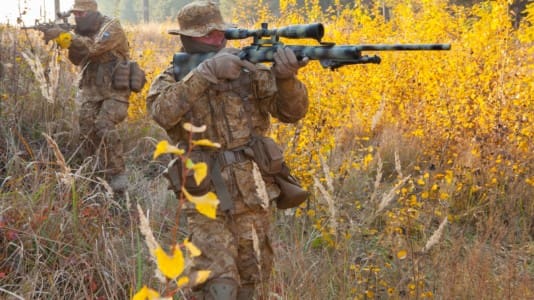Neither Russia nor Ukraine are likely to achieve their military objectives, and so the war will probably end at the negotiating table, United States Army General Mark Milley, currently serving as the chairman of the U.S. Joint Chiefs of Staff, has told the Financial Times newspaper.
Milley has been one of the most prominent U.S. supporters of a negotiated settlement between Kyiv and Moscow, and he still believes the war will end at the negotiating table without either side truly getting what it wants on the battlefield.
“It will be almost impossible for the Russians to achieve their political objectives by military means. Russia is unlikely to further invade Ukraine. It’s simply not going to happen,” the general said. “It’s also very, very difficult for Ukraine this year to kick the Russians out of every inch of occupied Ukraine,” he continued.
“That doesn’t mean it can’t happen, but it is extraordinarily difficult. It would essentially require the collapse of the Russian military,” Milley pointed out. Asked if the time for diplomacy between Moscow and Kyiv has passed, Milley said, “We’re a few weeks away from the beginning of spring, but it’s a moving window. There are opportunities at any moment.”
However, he acknowledges that both sides are for now “sticking pretty hard to their goals” and are unwilling to negotiate.
The U.S. general said the conflict echoes a lesson from World War II that aggression must be stopped “with firmness, deterrence, and military might,” although he admits that given Russia’s nuclear arsenal, the stakes are now higher.
“In this particular case, it’s one country against a country that is large and that is nuclear armed. So you have to be very, very aware of managing escalation. At the same time, you have to uphold the principles for which the United Nations was founded and on which the international order is based,” the general added.
He said the past year has prompted a fundamental reevaluation of U.S. military strategy.
“One of the lessons of this war is the very high rate of consumption of conventional munitions, and we are reviewing our own stockpiles and our own plans to make sure we get it right,” Milley said.
“We’re trying to do an analysis so we can then estimate what we think the real need would be, and then we need to put that into the budget. Ammunition is very expensive,” he added.






